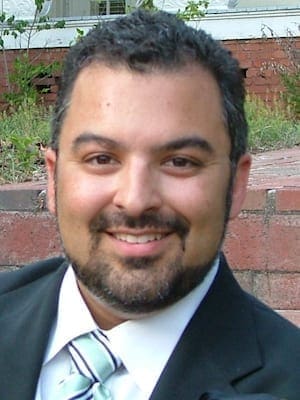For all of its bad ratings and lousy plot points, the movie “Waterworld” with Kevin Costner had a creative premise.
Costner plays the Mariner who must fight for his life on his ship within a (literal) sea of villains and mercenaries.
The story takes place in the near future, when melting polar ice caps result in all of earth’s existing land being covered by water.
What might life be like at sea for that length of time? Just ask one of the most persecuted minority groups in the world: the Rohingya Muslims of Myanmar.
Rohingya Muslims represent an ethnic minority group who migrated to the Rakhine province of Myanmar around the eighth century.
Through a history of infighting, war and eventual persecution, this small people group found themselves without any place to settle within a nation made up of 90 percent Buddhists.
The history of the Rohingya people is fraught with conflict and political tensions.
The Myanmar government denied them citizenship in the 1990s, and conflicts came to a head in 2012 when ethnic violence erupted between Muslim and Buddhist gangs in Rakhine State.
Since then, Buddhist nationalists have incited further violence against the Rohingya people, forcing many to live in ghettos or refugee camps.
Thousands of Rohingya Muslims have fled the country entirely on makeshift boats, while others sought refuge with human smugglers.
Nearly 25,000 people made it safely to other countries. An undocumented number of people have been kidnapped into human trafficking rings, while 139 graves containing refugees were found, believed to be the result of smugglers killing people that families could not afford to ransom.
Nearly 1,000 refugees have settled in the United States since 2006, according to NPR.
Recent voyages from Myanmar’s coast have not been so fortunate. Many countries, including those that are majority Muslim in the region, want nothing to do with the refugees.
A reported 6,000 people are currently stranded at sea with no place to go.
Reports, though scarce, claim that humanitarian aid is on its way from the United Nations, Australia and several European countries.
But like a scene right out of “Waterworld,” many refugees are running out of food and water.
The U.S. State Department is encouraging Myanmar to change its tune and grant citizenship and access to food, shelter and water to remaining Rohingya people groups.
The increasing migration to surrounding nations is only the beginning of a threat they fear will worsen.
Another threat, according to reports coming out of New Delhi, is that the combination of persecution and poverty make the Rohingya prime candidates for radical terrorist recruitment.
For India, the estimated number of refugees within its own borders – anywhere from 15,000 to 40,000 – can be disastrous in the fight against terrorism.
As a Baptist minister without any political science degree, I do not have any answers, but I do think that we are experiencing another possible seed bed for terrorism that we might be able to intercept, avoid and redirect before it’s too late.
Earlier this year, the congregation I pastor hosted an interfaith dialogue at which a Muslim activist, Kemal Korucu, said that terrorists, no matter the religion, are not born but bred. The poor, illiterate and the displaced are prime candidates.
The Rohingya people group fit this caricature. As people without citizenship, Rohingya children have been denied formal education.
Poverty is an everyday reality that many U.S. citizens cannot even begin to comprehend.
And lack of “place” – no more pronounced than ever as some are abandoned at sea – will only lead to people trying to find belonging.
If countries cannot band together to save these people now, I fear that young Rohingya men, in particular, will find belonging in the ranks of ISIS, Boko Haram and other terrorist organizations.
For a people so far removed from this conflict, we cannot do much in turning the political tides of this crisis, but we can pray that governments and agencies will aid these lost people and that humanitarian aid will nourish those in need.
We can also pray for our missionaries who are laying deep roots in changing hearts for Christ, that many of the Rohingya will not become terrorists but, rather, be witnesses to the gospel that has the power to change all our lives for the better.
 Joe LaGuardia is senior pastor of Trinity Baptist Church in Conyers, Georgia. He is the author of “Awe and Trembling: Reflections for the Christian Journey,” a book of articles and homilies. His writings also appear on his blog, Baptist Spirituality.
Joe LaGuardia is senior pastor of Trinity Baptist Church in Conyers, Georgia. He is the author of “Awe and Trembling: Reflections for the Christian Journey,” a book of articles and homilies. His writings also appear on his blog, Baptist Spirituality.
Joe LaGuardia is senior pastor of First Baptist Church in Vero Beach, Florida.

